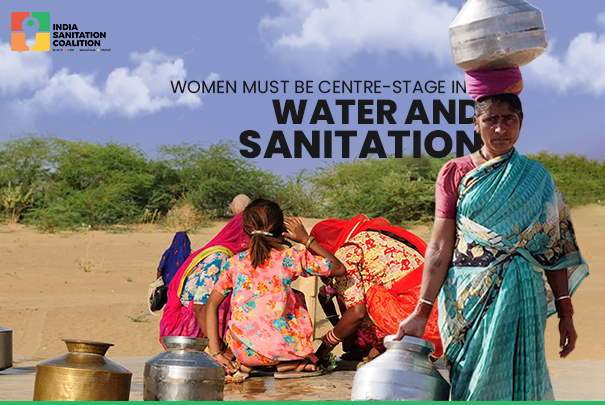Women must be centre-stage in water and sanitation

In May 2014, India was shaken by the rapes of two adolescent girls in rural northwest India, when they were out in the evening to defecate in an open field. In a recent study in the Indian Journal of Gender Studies on Women’s Experiences of Defecating in the Open, one respondent said: Some men would hide and watch us defecating and then talk about it. This often put my husband to shame and even led to quarrels, with my husband scolding me for not remaining hidden.
Fortunately, sanitation continues to be central to the government’s agenda. With the Covid-19 pandemic, it is recognised that by addressing sanitation and water issues, we improve hygiene, health, gender, and livelihoods. The Swachh Bharat Mission 2.0 (SBM) aims, among other things, to find solutions for sustained behaviour change, addressing women and their personal hygiene needs.
There is a growing consensus now that whereas the statutory framework relating to sanitation is gender neutral in its approach, the policy framework does recognise gender-related issues. However, when it comes to implementation, it is evident that sanitation-related needs and vulnerabilities of women need to be better addressed. Examples such as women not being consulted in decisions taken on sanitation-related matters such as the building and use of toilets and failing to take into account the prevalent socio-cultural norms, which for generations have defined the status of women as one that needs to be protected from all forms of exposure, while, at the same time, forcing them to defecate in the open even if this is in groups, substantiate this contention.
